Elon Musk Says He’s Selling a Techno Song About NFTs as an NFT
"I’m selling this song about NFTs as an NFT."
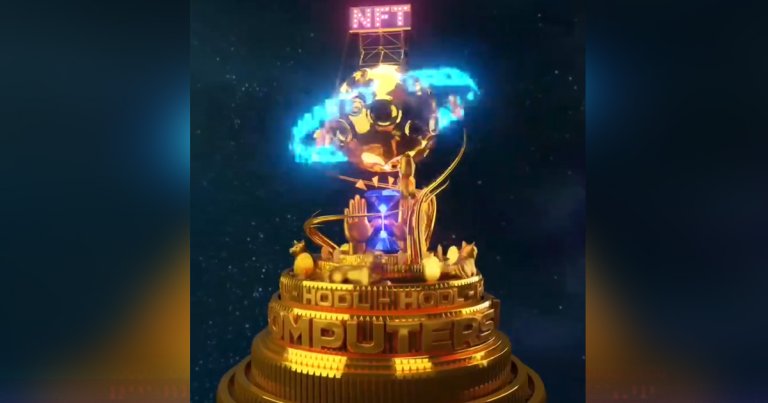
"I’m selling this song about NFTs as an NFT."

Michigan doctors were treating their surgeries like a game show.

All it needs is a name and a phone number.
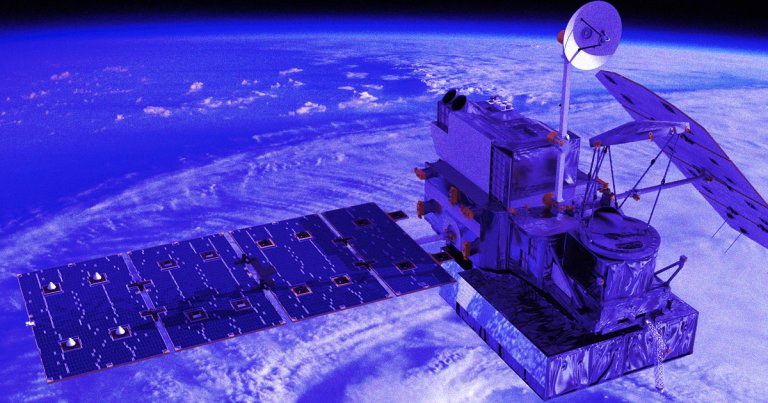
Japan's not sure what to do with the satellites it built with Myanmar.
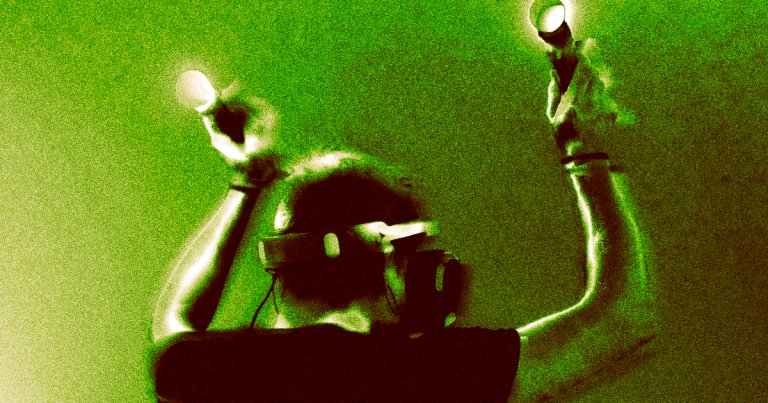
Will neural implants render modern games obsolete?
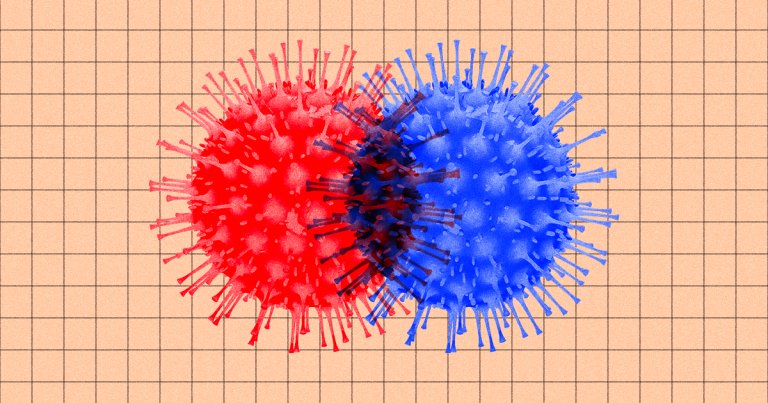
Even if you're fully vaccinated, this strain could still make you sick.
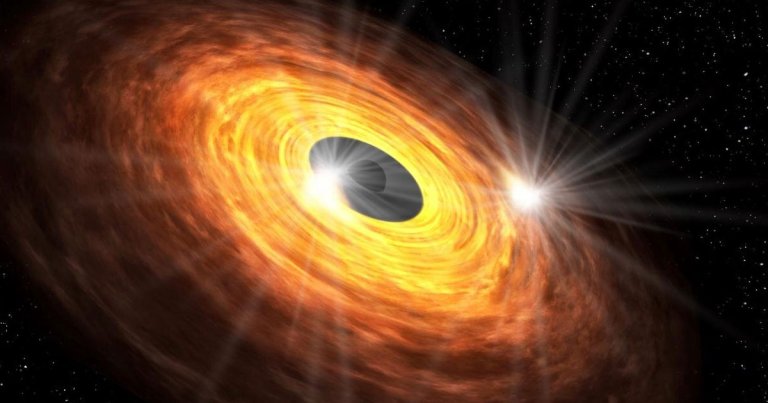
Researchers say they're responsible for the supermassive black holes at the center of galaxies.
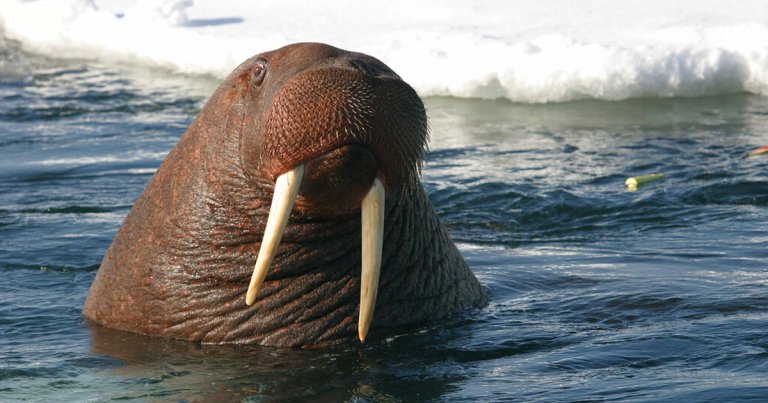
This walrus is all of us getting up on the morning after daylight savings.
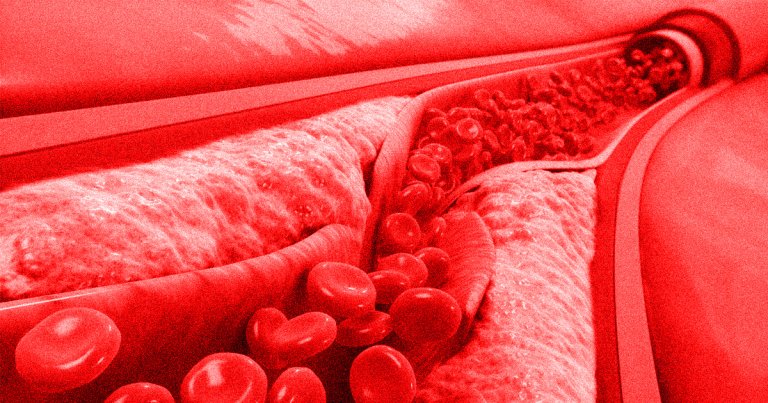
A wave of countries have halted its shots — but the company is pushing back.
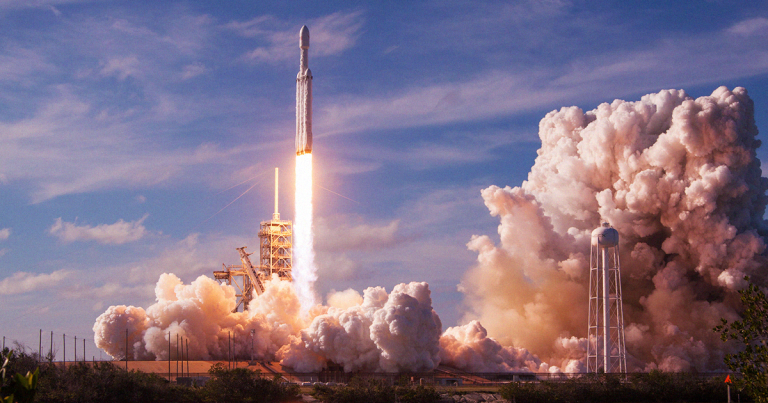
The booster successfully landed in the Atlantic Ocean.
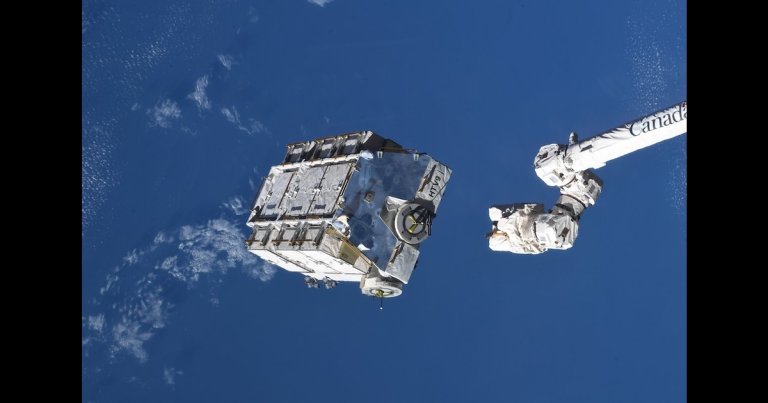
NASA says it’ll burn up on re-entry.
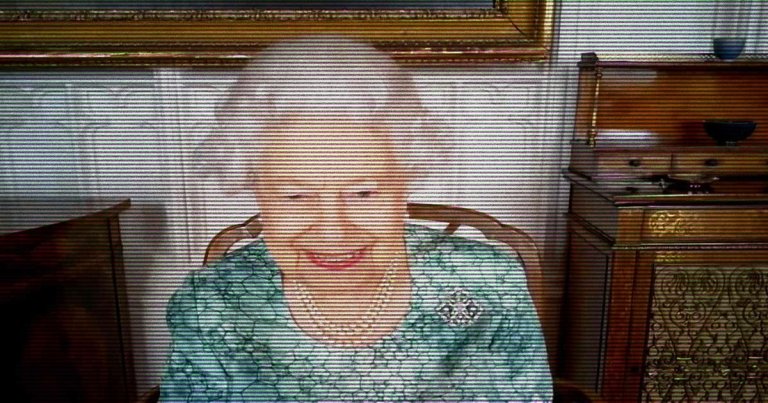
The event was to help celebrate British Science Week.
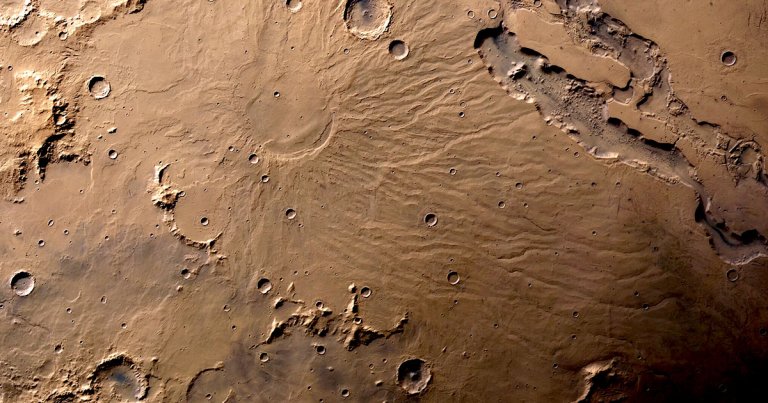
Tribal leaders hope the names will inspire others to learn the language.
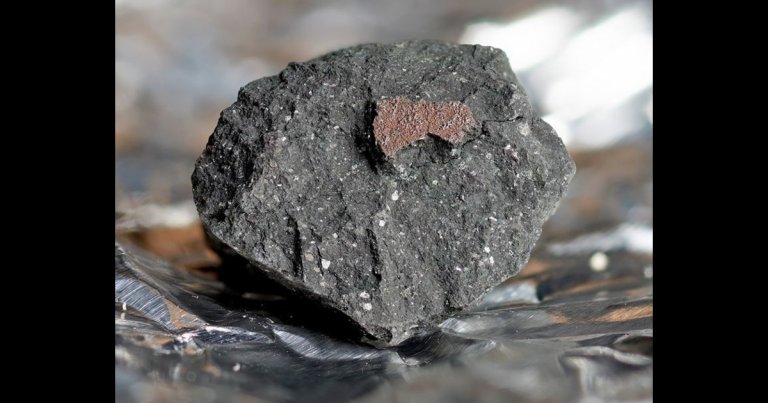
“I am just speechless with excitement.”
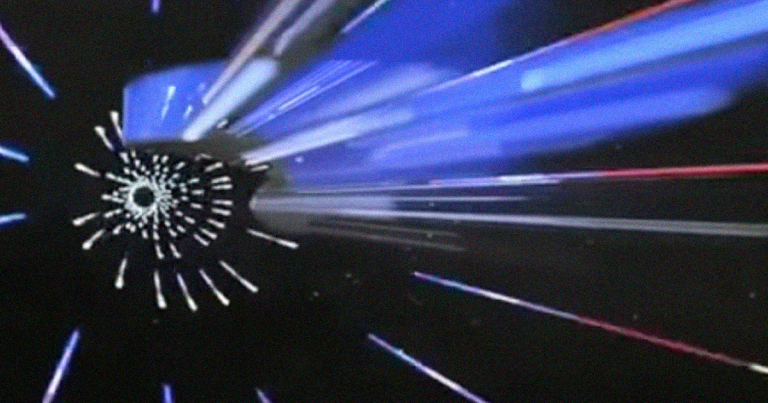
The new model relies on conventional physics to achieve warp speed — and that's a big deal.
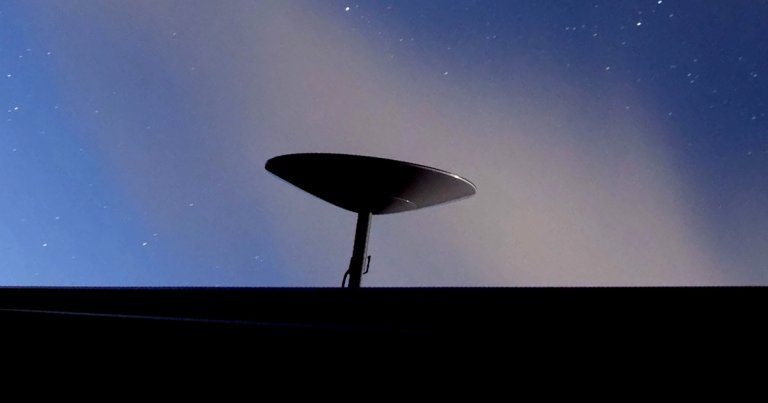
Broadband internet is exactly what military jets were missing.